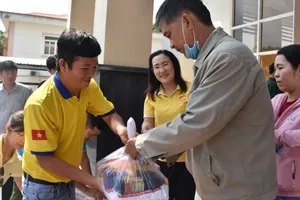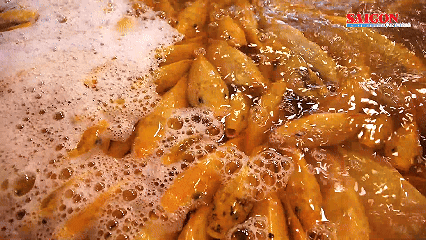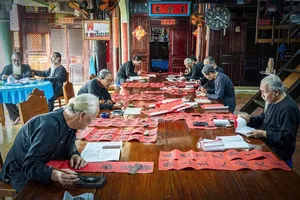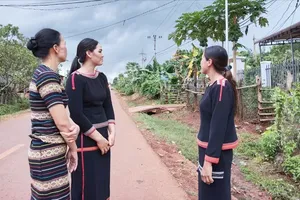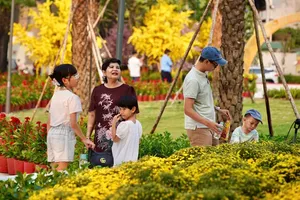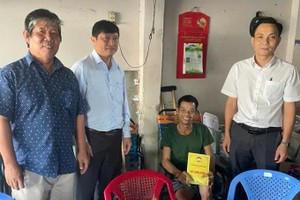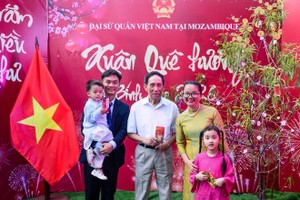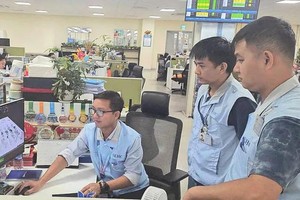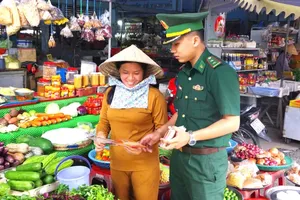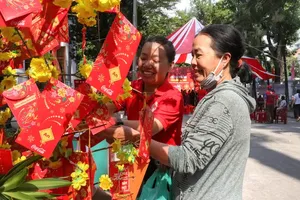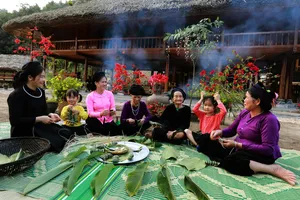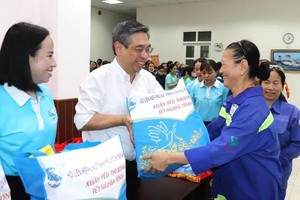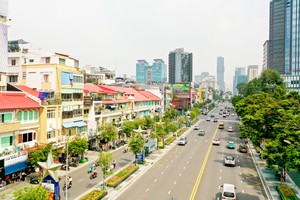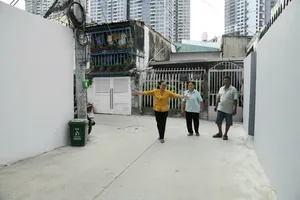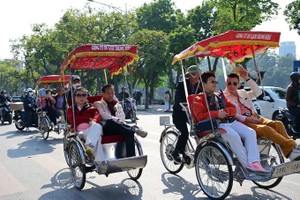In this setting, the dedicated research of Professor Le Van Tan and his team has provided vital scientific data, informing Ho Chi Minh City's strategic and timely responses to epidemics.
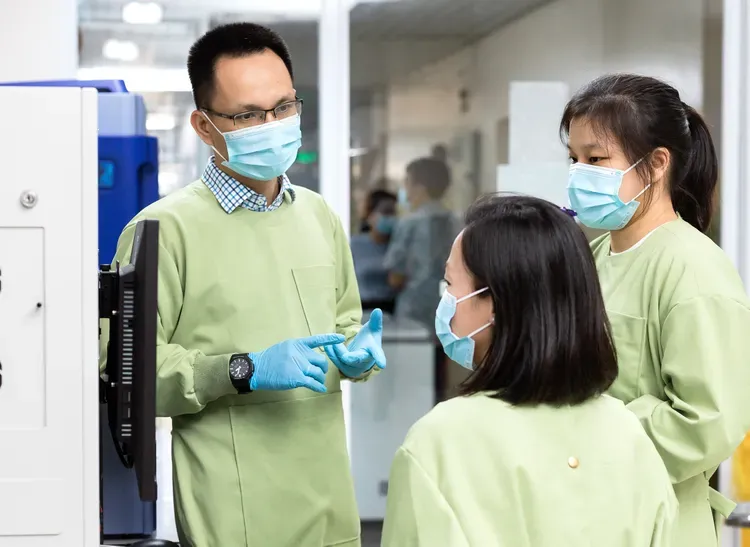
Being a native of the Central Province of Quang Tri, Professor Le Van Tan, 43, is a senior researcher at the Oxford University Clinical Research Unit (OUCRU) and one of three OUCRU researchers recently appointed to the rank of Professor by the University of Oxford in August 2025.
As the head of the Emerging Infectious Diseases Research Group, he has collaborated closely with Ho Chi Minh City's public health sector during every major disease outbreak.
His work has been instrumental during significant outbreaks in the city, including hand, foot and mouth disease, H5N1 avian influenza, measles, monkeypox, and conjunctivitis, culminating in his pivotal contributions during the Covid-19 pandemic. Throughout these crises, Professor Le Van Tan has been a consistent and crucial presence.
Professor Tan's career with OUCRU began 22 years ago while he was a fourth-year biotechnology student at the University of Science, Ho Chi Minh City. Under the mentorship of Professor Jeremy Farrar, then-Director of OUCRU, and virology expert Dr. Menno D. de Jong, he completed his undergraduate thesis. He then accepted a position as a research assistant in the virology group, which led to a training opportunity in the Netherlands to learn molecular biology techniques for gene sequencing, a cutting-edge method two decades ago that is now widely used.
In 2011, the hand, foot and mouth disease outbreak broke out in Vietnam with more than 110,000 cases and 160 deaths. Not only did the medical staff work hard to save the children, but scientists also faced a series of questions that needed to be thoroughly resolved.
Under the guidance of leading experts such as Dr. Rogier van Doorn and Professor Guy Thwaites who was the Director of OUCRU, he built a collaborative research program with the Hospital for Tropical Diseases in Ho Chi Minh City, Children's Hospital 1, Children's Hospital 2, receiving funding from the Wellcome Trust.
The study identified enteroviruses especially the EV71 strain, coxsackievirus as the agents causing the hand, foot and mouth disease in 2011 and the following years. The research results provided important data and information for the development and application of vaccines.
This was also the first project that laid the foundation for a series of projects on emerging infectious diseases later by Professor Le Van Tan and his colleagues.
During the Covid-19 pandemic, in June 2021, the Hospital for Tropical Diseases in Ho Chi Minh City - where OUCRU is headquartered, was locked down. The "stronghold" of infectious diseases in the South was attacked when dozens of staff were infected with SARS-CoV-2 despite having received 2 doses of vaccine.
This is the stage where Professor Le Van Tan and his colleagues are racing against Covid-19 to ensure that diagnosis, testing, and gene decoding for epidemic prevention and research are not out of sync. One by one, variants of SARS-Cov-2 such as Alpha, Delta, or Omicron are decoded and revealed.
During this stage, many studies between the two units OUCRU and the Hospital for Tropical Diseases have contributed important scientific evidence to Vietnam and the world in the fight against the Covid-19 pandemic.
The research consistently adheres to the criteria of being relevant to real needs and beneficial to the community. In addition to fostering a sustainable scientific research environment, it is crucial to cultivate a desire for research among the younger generation, said Professor Le Van Tan.
Dr. Nguyen Van Vinh Chau, Deputy Director of the Ho Chi Minh City Department of Health, stated that Professor Le Van Tan and his colleagues at OUCRU provided critical guidance to the Ho Chi Minh City Center for Disease Control (HCDC) for the establishment of a serum bank in 2023. With its modern facilities, the bank is capable of storing a significant volume of samples, specifically between 400,000 and 450,000 serum samples.
In 2024, following a resurgence of measles cases in Ho Chi Minh City, the serum bank's analysis revealed that community immunity against the disease was at only 86 percent, falling short of the 95 percent threshold required to prevent an outbreak.
According to Dr. Nguyen Van Vinh Chau, this data was instrumental in helping the health sector advise the Ho Chi Minh City People's Committee on a comprehensive measles prevention strategy. The plan included a targeted vaccination campaign for children aged 1 to 10. As a result of these efforts, Ho Chi Minh City was the first locality in the country to declare a measles outbreak.
The intriguing aspect of scientific research is its constant pursuit of new challenges - the 'mountains' to conquer. Professor Le Van Tan is no exception. Serological investigation represents a significant goal, or it can also be viewed as an 'ambition' for the community. He explains that for a long time, many countries have established serum banks and corresponding seroepidemiological investigation programs. A serum bank that is highly representative of the entire population of Ho Chi Minh City will enable the survey and assessment of community immunity over time, the effectiveness of intervention measures such as vaccines, predicting or early detection of potential outbreaks, and investigating the silent circulation of pathogens.
'This is one of the key directions that OUCRU aims to develop for the future. Collaborating with the city's health sector in the fight against emerging infectious diseases, providing tangible benefits to the community is a sacred responsibility and duty of the research team', stated Professor Le Van Tan.
With this enthusiasm, Professor Dr. Le Van Tan and his colleagues have been implementing a project to build sustainable research capacity in Southeast Asia, including Vietnam, Thailand, Cambodia, and Indonesia, as well as African countries with international funding programs from the Wellcome Trust, supported by the University of Oxford and Imperial (UK), Singapore, and the La Jolla Institute (USA).
Through this, it helps Vietnam and countries in the region to proactively respond to emerging infectious diseases in the future.
